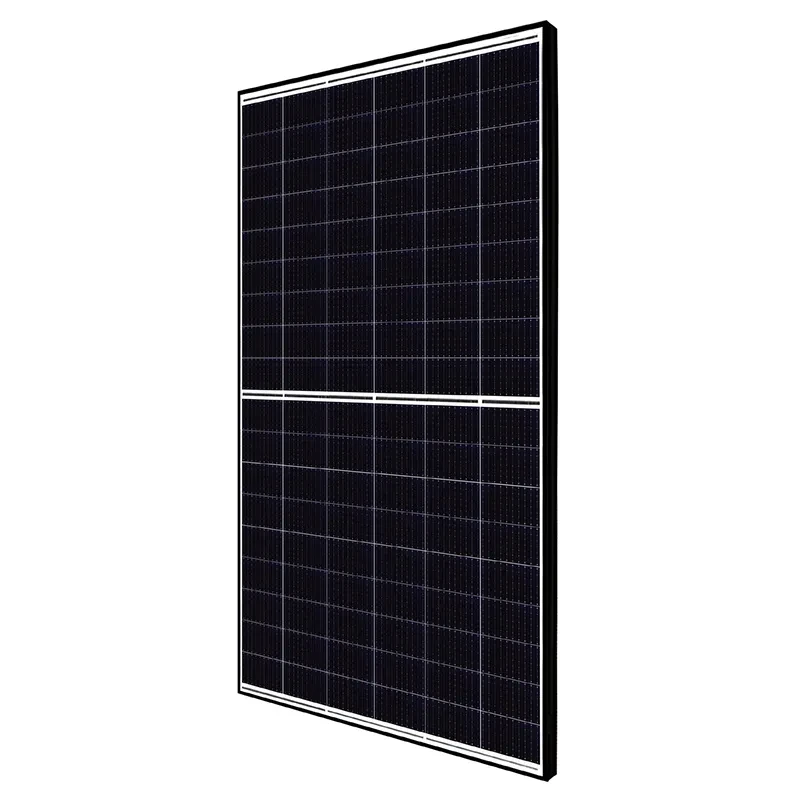The Future of Renewable Energy and the Role of Photovoltaic Cells in Sustainable Technology
The Rise of Photovoltaic Cells Harnessing the Power of the Sun
In recent years, the world has witnessed an increasing shift towards renewable energy sources, with photovoltaic (PV) cells at the forefront of this revolution. These remarkable devices, commonly known as solar cells, convert sunlight directly into electricity through the photovoltaic effect. This technology not only offers a sustainable alternative to fossil fuels but also plays a critical role in combating climate change.
Photovoltaic cells are primarily made from semiconductor materials, such as silicon, which are capable of absorbing photons from sunlight. When light strikes the semiconductor, it energizes electrons, allowing them to flow freely and generate electricity. This process can take place in both monocrystalline and polycrystalline solar panels, each offering distinct advantages. Monocrystalline cells, made from a single crystal structure, tend to be more efficient and space-saving, whereas polycrystalline cells are typically cheaper and easier to produce, albeit slightly less efficient.
The efficiency of photovoltaic cells has improved dramatically over the past few decades, thanks to advances in technology and materials
. The average efficiency of commercial solar panels has risen from around 15% in the early 2000s to over 22% today, with some cutting-edge models achieving efficiencies above 25%. This growth has made solar energy more viable for widespread use, reducing the cost per watt and making solar installations more accessible to consumers and businesses alike.Moreover, the environmental benefits of solar energy cannot be overlooked. Unlike conventional energy sources, harnessing solar power generates little to no greenhouse gas emissions. This makes PV cells a crucial component in the global effort to reduce our carbon footprint and shift toward a more sustainable energy future. Additionally, solar power can significantly decrease dependence on finite resources, such as coal, oil, and natural gas, paving the way for energy independence in many regions.
photovoltaic cell

The integration of photovoltaic technology into everyday life is expanding rapidly. Residential rooftops equipped with solar panels are becoming commonplace, allowing homeowners to generate their own electricity while reducing energy bills. Furthermore, large-scale solar farms are being established, providing energy to thousands of homes and contributing significantly to the grid. Innovative projects, such as solar-powered vehicles and the incorporation of PV cells into building materials, are also emerging, showcasing the versatility of this technology.
Despite its advantages, the photovoltaic industry faces certain challenges. One of the major hurdles is the intermittent nature of solar energy, as power generation is dependent on sunlight. Energy storage solutions, such as batteries, are becoming essential for the effective use of solar energy at night or during cloudy weather. However, advancements in battery technology and grid management are making it increasingly feasible to integrate renewable energy sources into our existing infrastructure.
Government policies and incentives play a pivotal role in promoting the adoption of PV cells. Many countries offer tax credits, rebates, and feed-in tariffs, making solar energy more financially attractive to consumers and businesses. As awareness of climate change increases, public support for renewable energy initiatives is also growing, leading to stronger regulatory frameworks that encourage clean energy development.
In conclusion, photovoltaic cells represent a beacon of hope in the quest for sustainable energy solutions. As technology continues to advance and costs decrease, it is likely that solar energy will play an even more prominent role in our energy landscape. By harnessing the power of the sun, we can pave the way for a cleaner, greener, and more sustainable future for generations to come.
-
String Solar Inverter: The High-Efficiency Solution for Smart Solar EnergyNewsJul.14,2025
-
Revolutionizing Rooftop Energy with the Power of the Micro Solar InverterNewsJul.14,2025
-
Power Independence with Smart Off Grid Solar Inverter SolutionsNewsJul.14,2025
-
On Grid Solar Inverter: Powering the Future with Smart Grid IntegrationNewsJul.14,2025
-
Monocrystalline Solar Panels: High-Efficiency Power for the Future of Clean EnergyNewsJul.14,2025
-
Bifacial Solar Panel: A Smarter Investment for Next-Generation Energy SystemsNewsJul.14,2025







